In the scorching desert sands of Darfur, a decades-old conflict has reached a boiling point, fueled by the complex and often toxic relationship between two men: General Abdel Fattah al-Burhan, the leader of the Sudanese military, and Muhammad Hamdan Dagalo Musa, also known as Hemedti, the head of the Rapid Support Forces (RSF). Their rivalry has torn the country in two, with the RSF controlling the north and the military holding the south, leaving a trail of bloodshed and human rights abuses in their wake.
The conflict in Sudan is a tale of two men, each with their own vision for the country's future, but both driven by a desire for power and control. General al-Burhan, a career military officer, sees himself as the rightful leader of Sudan, while Hemedti, a former rebel leader, believes that the RSF is the only force capable of bringing stability to the country.
The roots of the conflict lie in the aftermath of Sudan's independence from British colonial rule in 1956. The country has been plagued by civil wars, coups, and authoritarian regimes, with the military playing a dominant role in politics. The RSF, a paramilitary group formed in 2013, was initially created to fight against rebels in Darfur, but it has since become a powerful force in its own right, with Hemedti at its helm.
Hemedti, a member of the Masalit tribe, rose to prominence during the Darfur conflict, where he led a militia group that fought against the government. After the conflict, he became a key ally of the military, and in 2013, he was appointed as the commander of the RSF. Under his leadership, the RSF has grown into a powerful force, with thousands of troops and a significant presence in the country.
General al-Burhan, on the other hand, is a career military officer who has been involved in Sudan's politics for decades. He was a key figure in the 2019 military coup that ousted President Omar al-Bashir, and he has since become the leader of the Sudanese military. Al-Burhan sees himself as a unifying figure, capable of bringing stability to the country, but his relationship with Hemedti is strained, to say the least.
"The relationship between al-Burhan and Hemedti is a toxic one," says Alex DeWaal, the executive director of the World Peace Foundation at Tufts. "They are two men with different visions for Sudan's future, and they are willing to do whatever it takes to achieve their goals."
The conflict between the RSF and the military has been marked by serious human rights abuses, with both sides accused of committing atrocities. The RSF has been accused of carrying out mass killings, rape, and forced displacement, while the military has been accused of bombing civilian areas and using excessive force.
The international community has been watching the conflict with growing concern, with the United States, the European Union, and other countries calling for a peaceful resolution. In November 2023, President Donald Trump announced that the US would intervene to end the civil war in Sudan, at the request of the Saudi crown prince Mohammed bin Salman.
As the conflict rages on, the people of Sudan are caught in the middle, struggling to survive in a country torn apart by violence and division. The relationship between General al-Burhan and Hemedti is a complex one, driven by a desire for power and control, but also by a deep-seated mistrust and hatred.
"It's a cycle of violence that is difficult to break," says DeWaal. "Both sides are willing to do whatever it takes to achieve their goals, and the people of Sudan are paying the price."
As the world watches the conflict in Sudan, it is clear that a peaceful resolution will require a fundamental shift in the relationship between General al-Burhan and Hemedti. Until then, the people of Sudan will continue to suffer, caught in the crossfire of a conflict that shows no signs of abating.
In the words of DeWaal, "The conflict in Sudan is a reminder that the cycle of violence is a self-perpetuating one, and that it will take a concerted effort from the international community to break it."
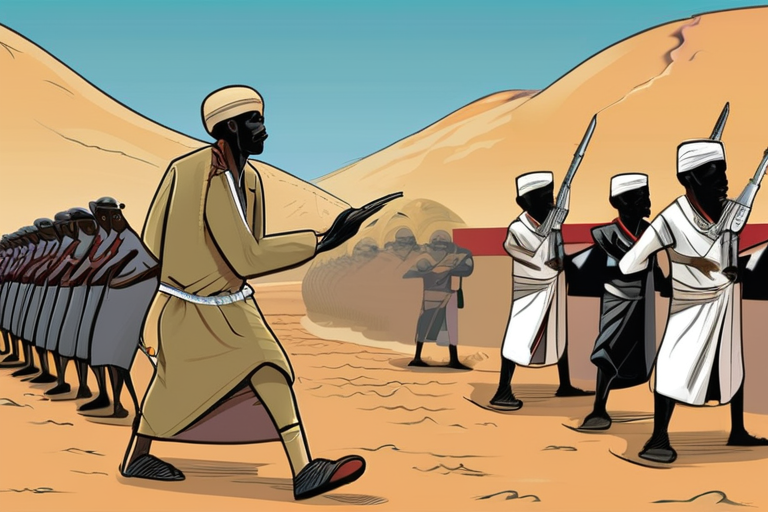


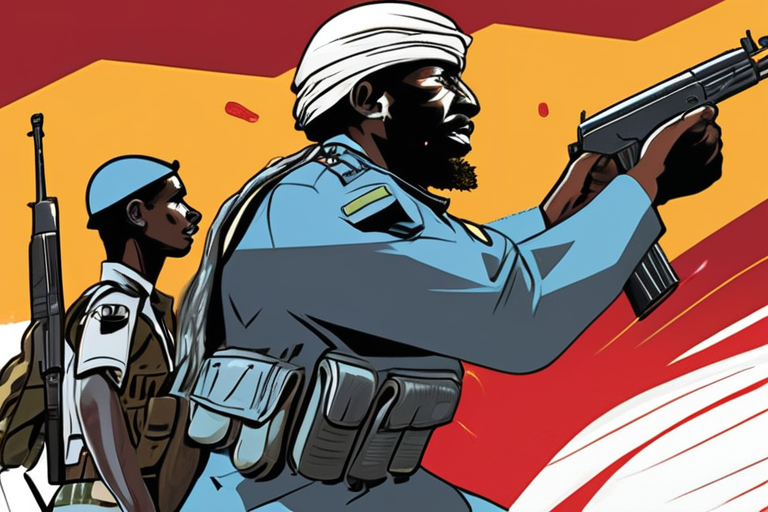

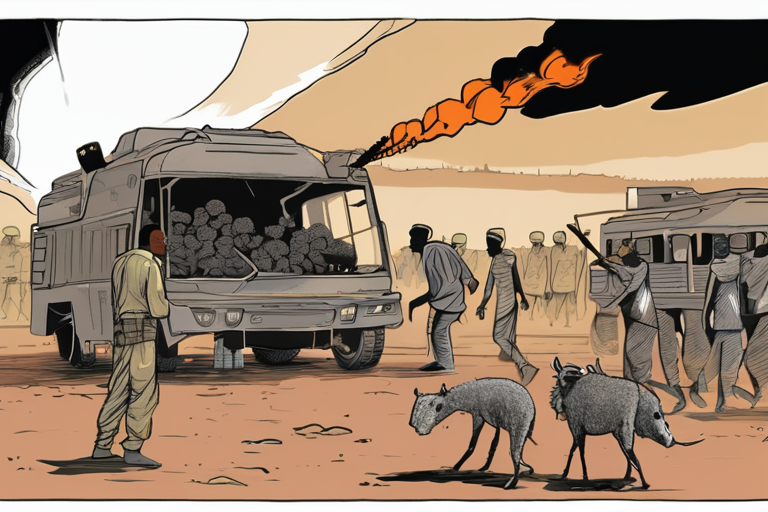
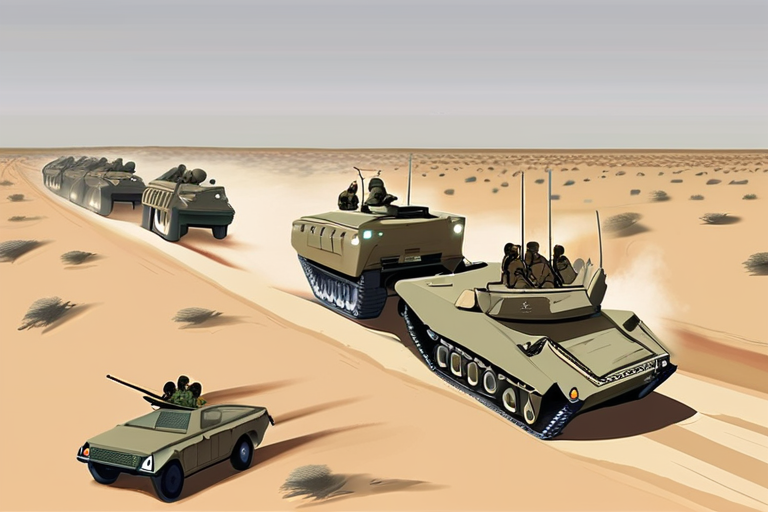
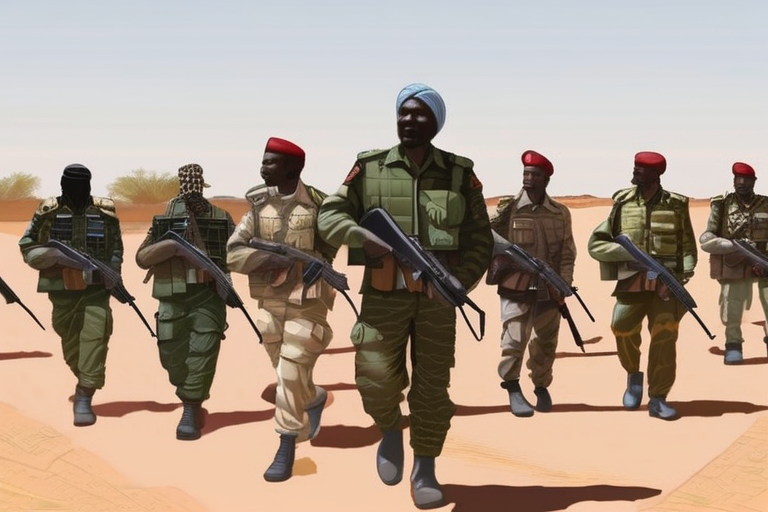
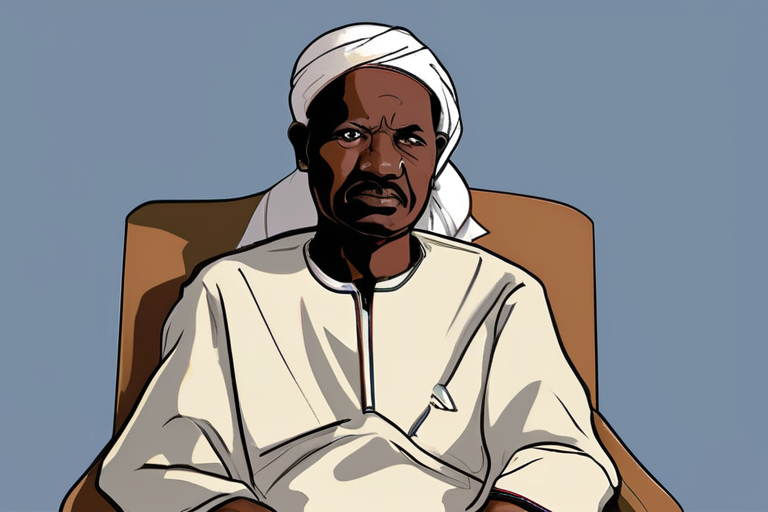
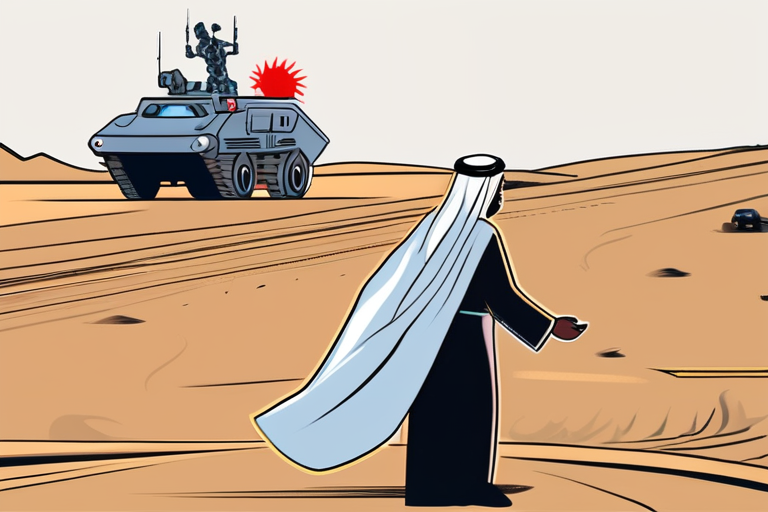
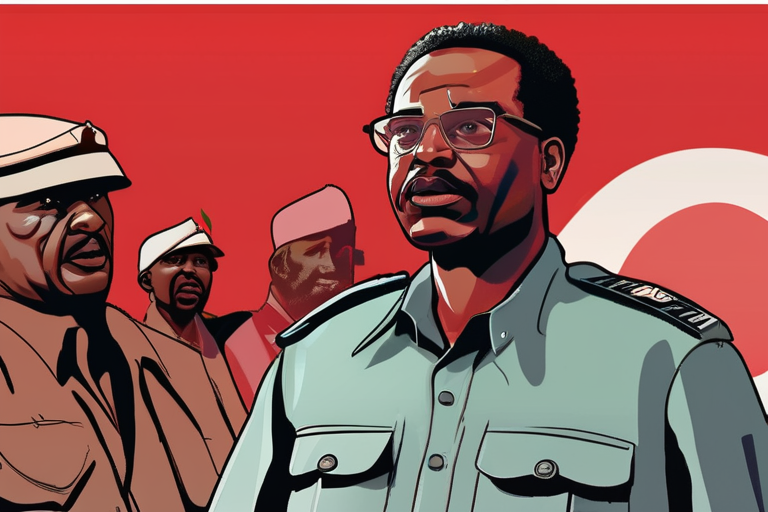
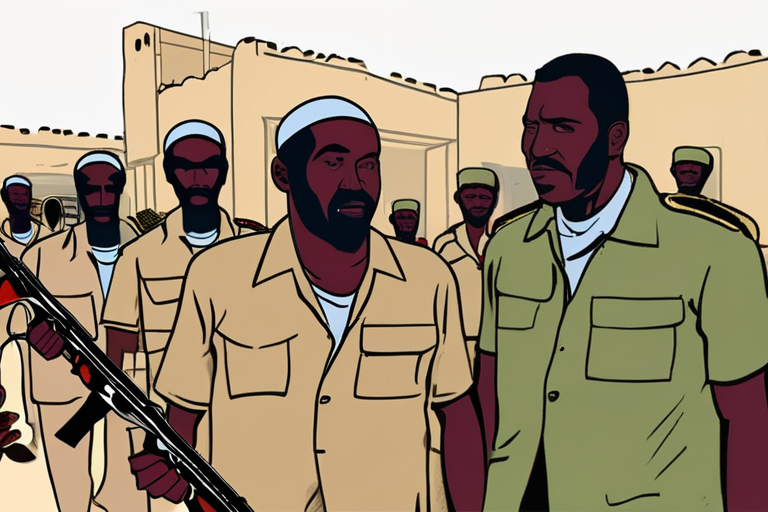
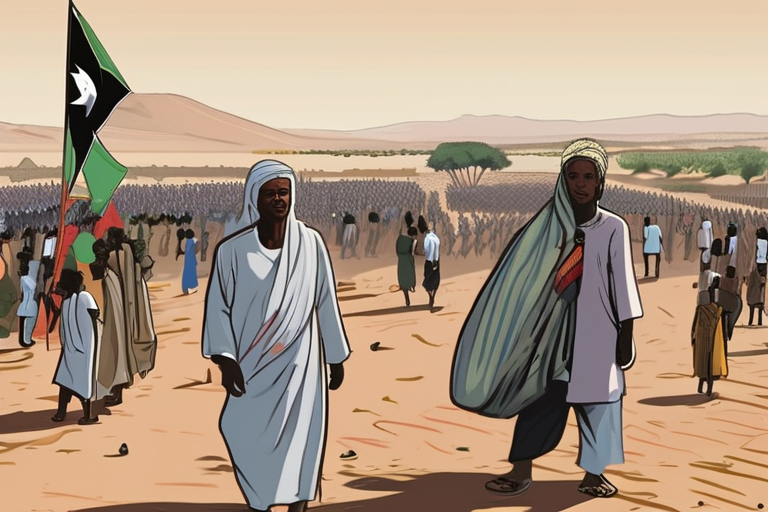


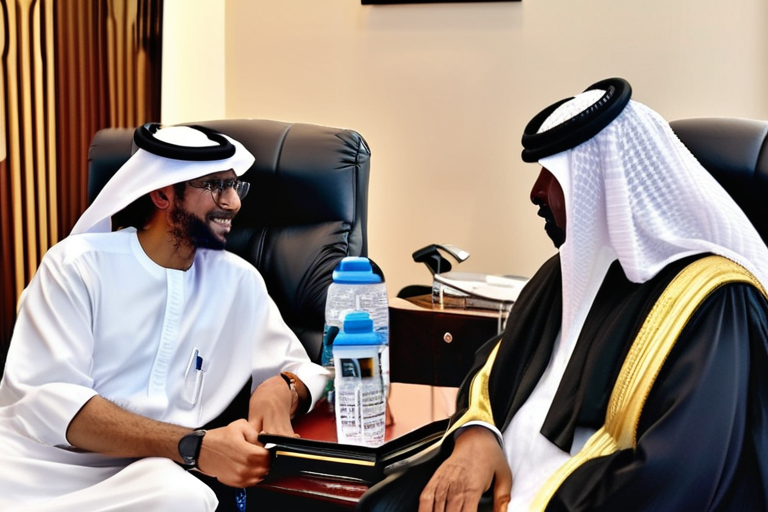
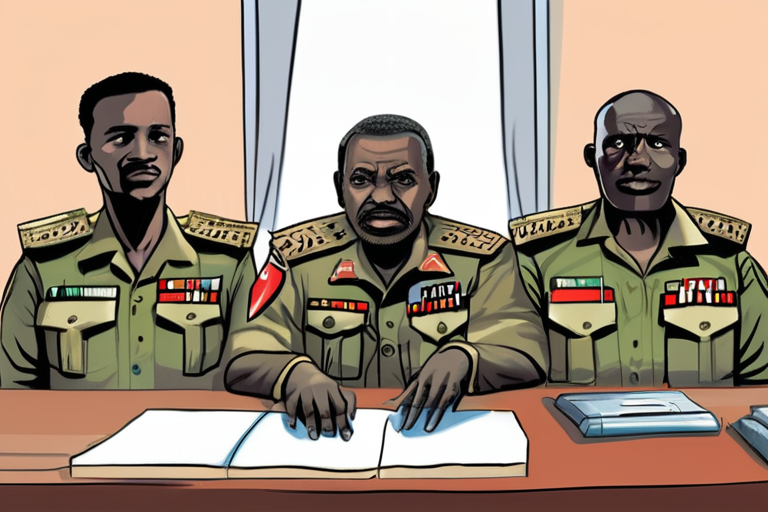

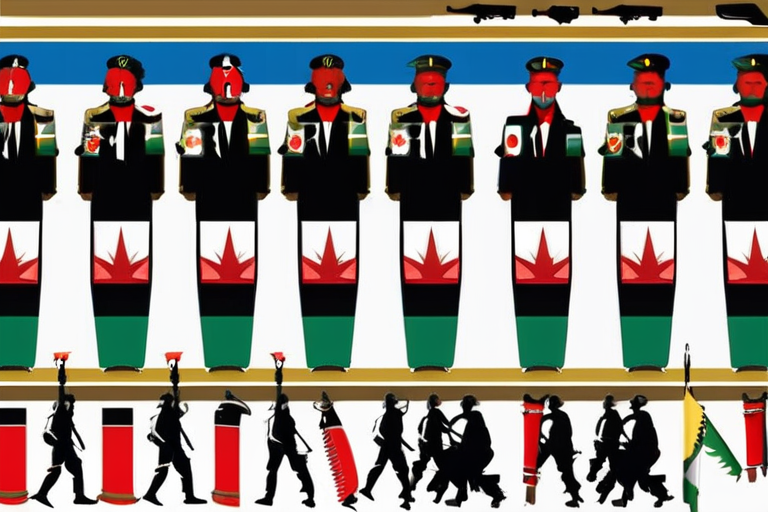
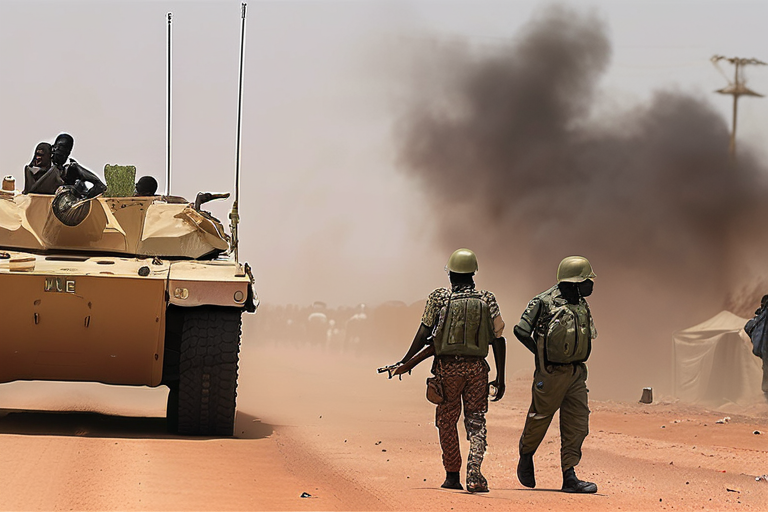
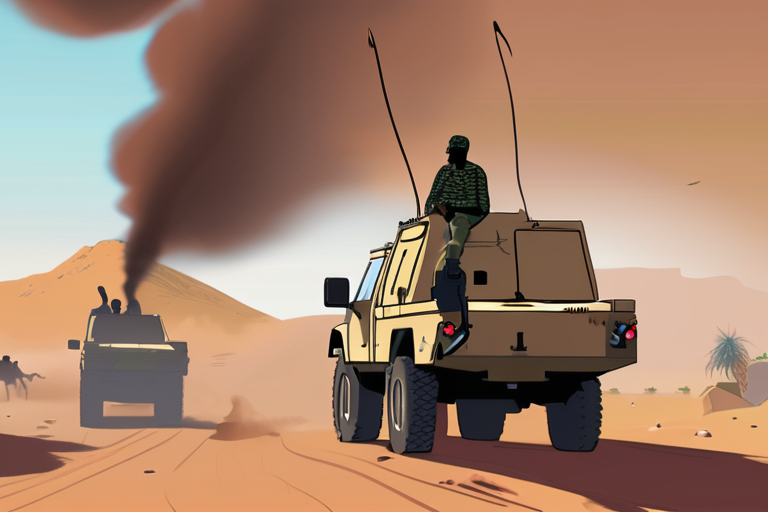

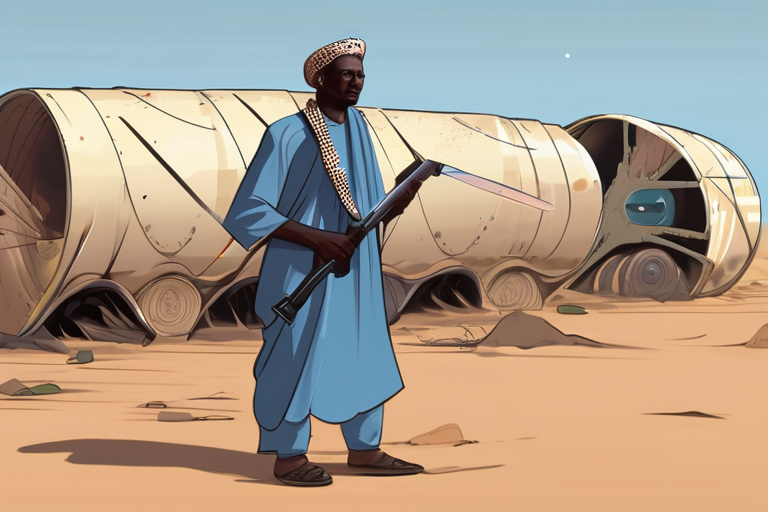
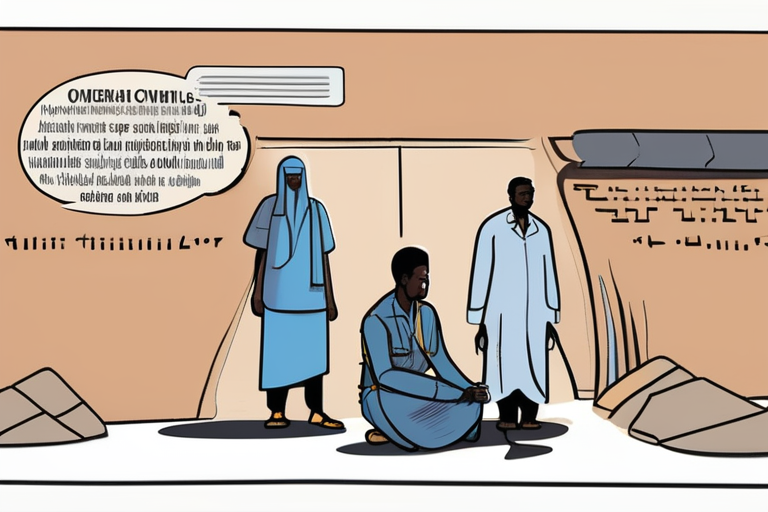
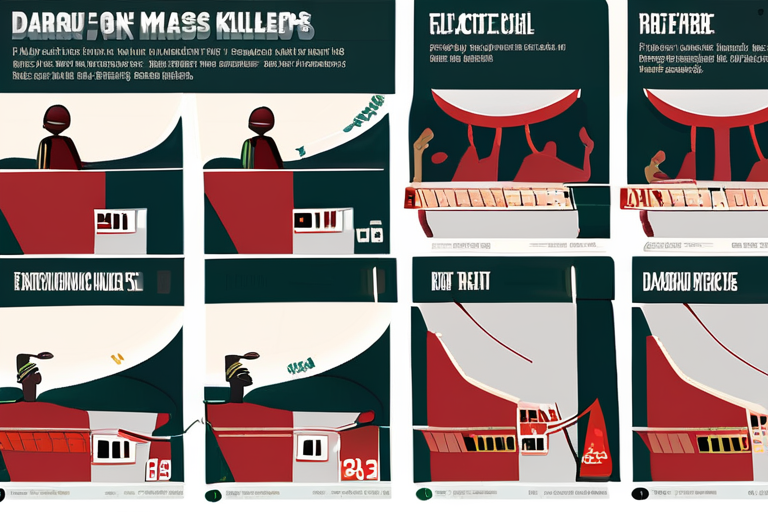
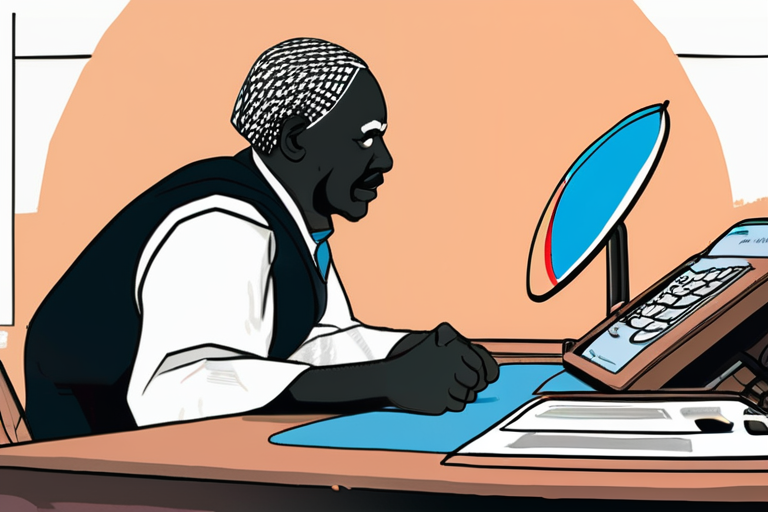
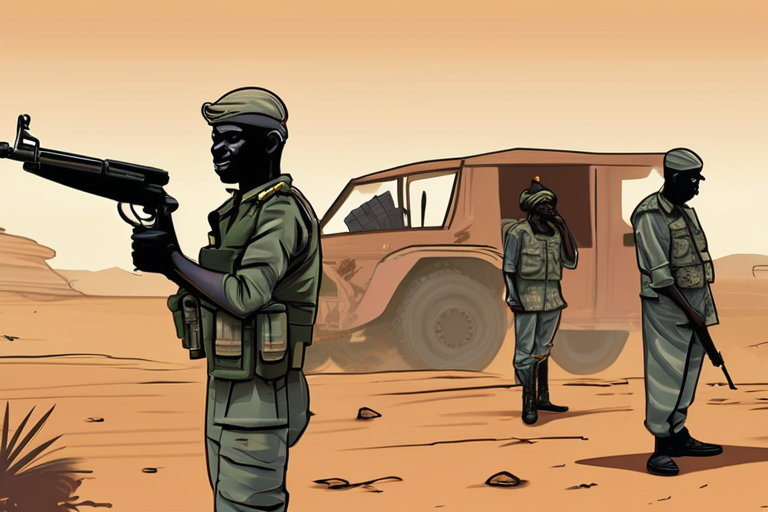
Share & Engage Share
Share this article